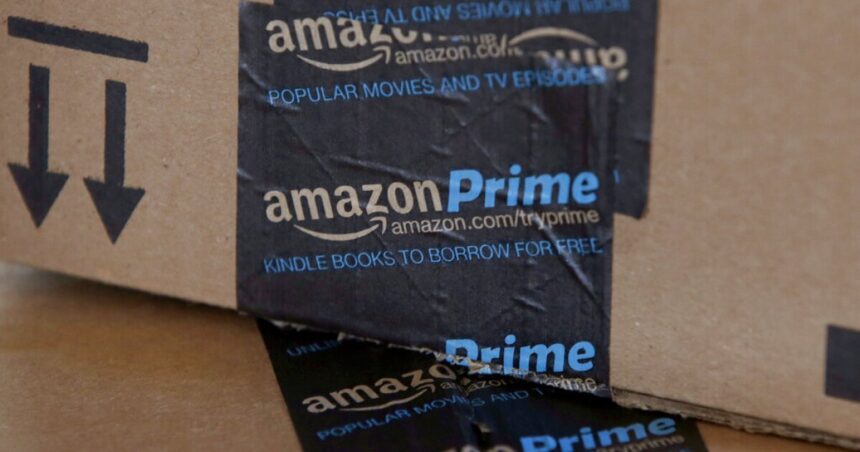July 2024 marks the 30th anniversary since the founding of Amazon, which was launched on July 5, 1994.
The company was originally an online marketplace for books, but quickly grew into one of the world’s largest companies, now valued at $2 trillion.
According to Dana Mattioli, a reporter covering Amazon for The Wall Street Journal, Amazon founder Jeff Bezos got involved after researching the potential of online retail for a hedge fund firm.
“Online shopping definitely would have been something that revolutionized all of our lives,” Mattioli said. “But where Bezos really made a mark was convincing Wall Street that we don’t have to show profits and creating this culture where Amazon has been able to dominate, not just online shopping, where 40% of all shopping online happens in the U.S. is on Amazon, but also it’s spread its tentacles.”
RELATED STORY | Amazon announces date, specials for 2024 Prime Day; Target, Walmart to also have promotions
Mattioli pointed out that Amazon has since become one of the largest cloud computing and logistics companies in the U.S., beyond simply being one of the largest retailers.
“It’s an astounding American business success story,” she said.
But according to some, Amazon has become too large. Numerous governments have considered Amazon a monopoly, and the Federal Trade Commission has sued Amazon in an attempt to break up the company.
“Amazon’s power and dominance doesn’t exist in a vacuum,” said Mattioli. “If you just look at retail, for instance, it’s led to a string of bankruptcies, job losses, stifled innovation. Between 2007 and 2017, 40% of the U.S.’s small retailers, toy stores, bookstores, went out of business. So that has ripple effects across communities and Main Streets.”
RELATED STORY | Amazon crosses $2 trillion in stock market value for the first time
Mattioli notes that many Americans are aware that Amazon has allegedly stifled competition, but the fact that orders can be shipped quickly and at a low price might lead them to overlook those concerns.
“There are 200 million Prime shoppers that pay to use Amazon and get free shipping,” she said. “So there is this convenience factor that I think a lot of Americans and shoppers reckon with, where they know the stories on one side, but they have a hard time giving up the convenience.”





